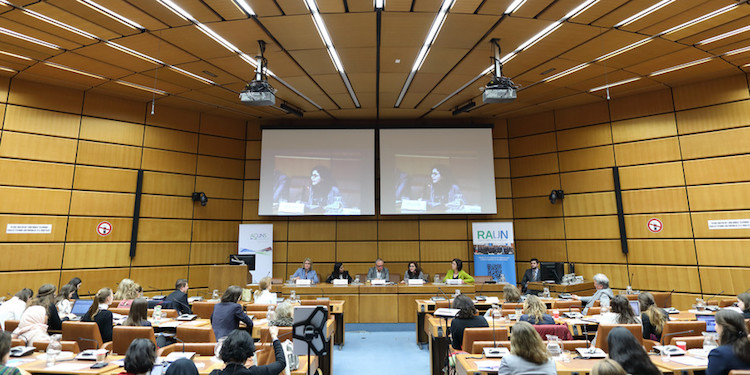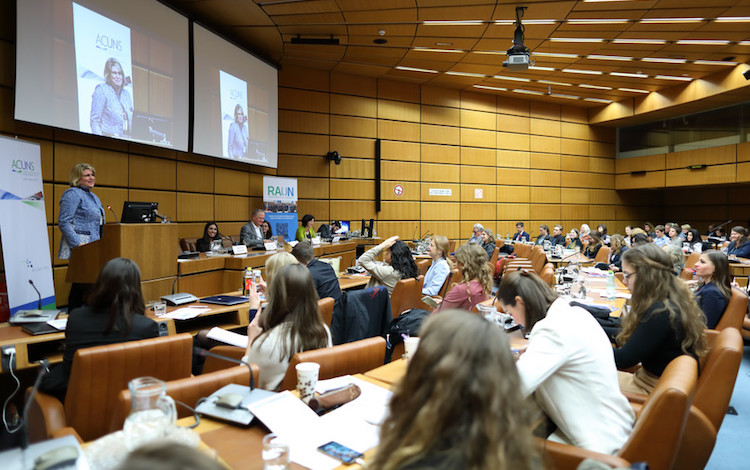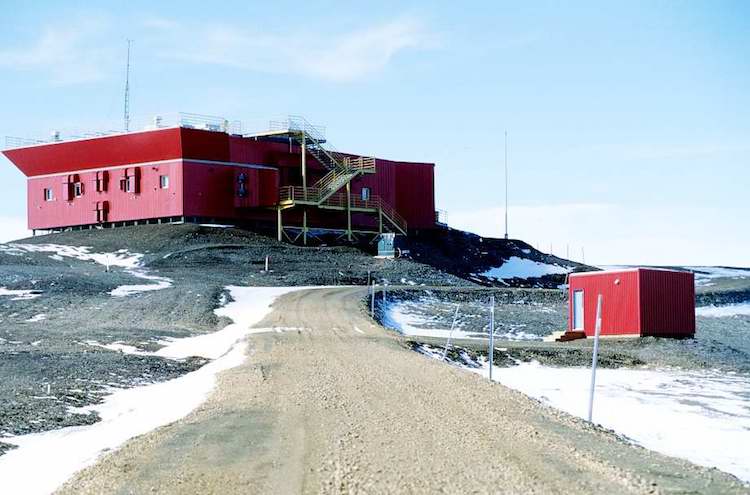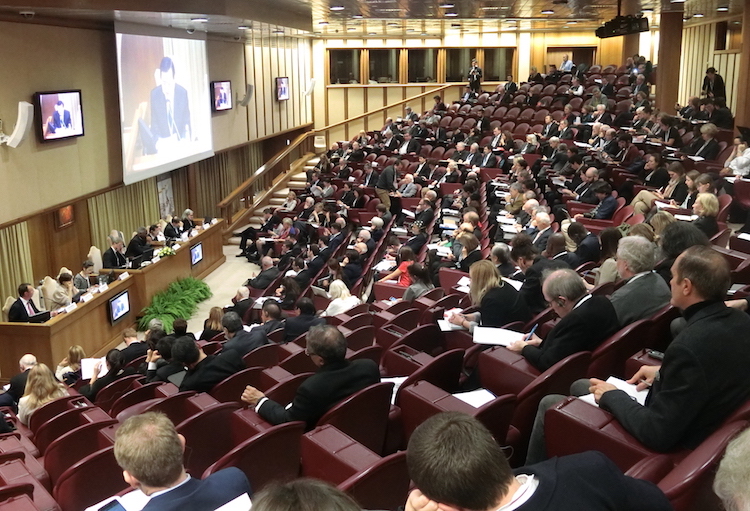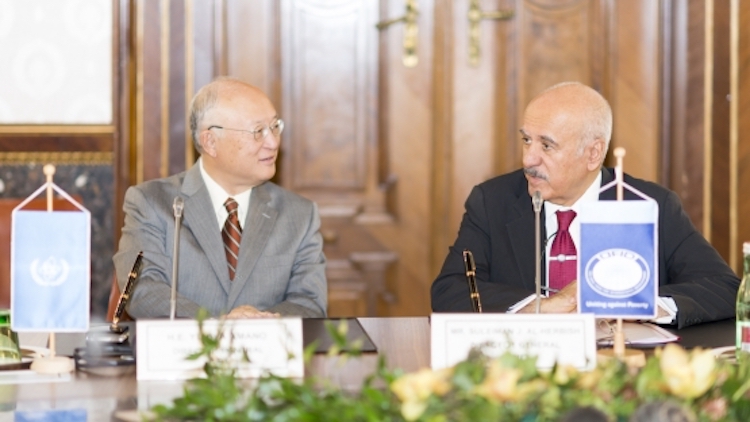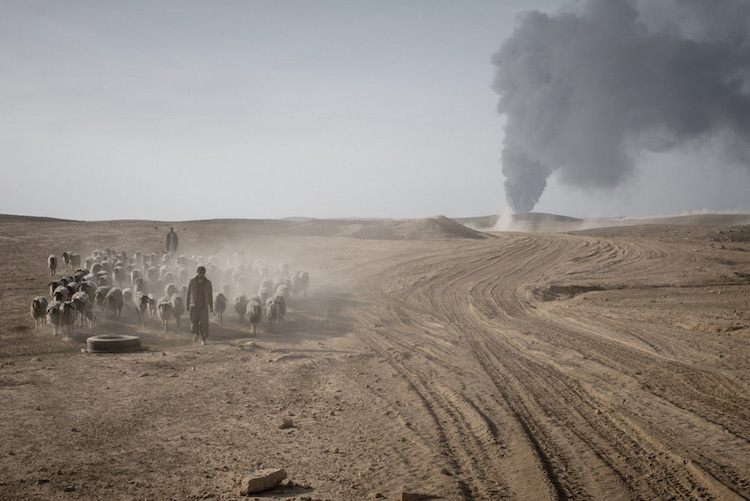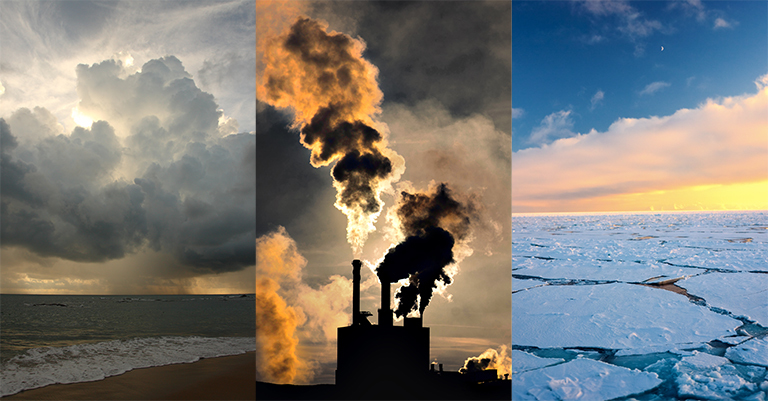By Julia Zimmerman* This is the second in a series of reports on the Vienna UN Conference from January 10-12, 2018, which discussed actions and challenges linked to the Sustainable Development Goal 5 (SDG 5) and in the spirit of SDG 17. The Vienna Liaison Office of the Academic Council on the United Nations System […]
Paving the Way to Empowering Female Leaders
By Ourania Roditi * This is the first in a series of reports on the Vienna UN Conference from January 10-12, 2018, which discussed actions and challenges linked to the Sustainable Development Goal 5 (SDG 5) and in the spirit of SDG 17. The Vienna Liaison Office of the Academic Council on the United Nations […]
Scientists Seek Trudeau’s Backing for Canada as a Global Leader in Climate Research
By J C Suresh TORONTO (IDN) – In the face of U.S. President Donald Trump claiming that “the concept of global warming was created by and for the Chinese in order to make U.S. manufacturing non-competitive,” international scientists have lauded Canada’s achievements in the field, and called for Prime Minister Justin Trudeau to re-invest in […]
Money is Not Wealth: Cryptos vs. Fiats!
By Hazel Henderson* JACKSONVILLE, Florida (IDN) – After a few drinks, most bankers, economists and investors will admit that money is not wealth. Like inches and centimetres, money is a metric, and it used for tracking real wealth: human ingenuity and technological productivity interacting with natural resources and biodiversity undergirding all human societies along with the […]
CSOs, Experts Address the Plight of People on the Move
By Geneva Centre for Human Rights Advancement GENEVA (IDN-INPS) – In response to the protracted migrant and refugee crisis that has affected primarily Europe and the MENA region, a coalition of international organizations took the initiative to adopt the 2017 Geneva Declaration entitled “Mobility and human solidarity, a challenge and an opportunity for Europe and […]
Landmark Vatican Conference on Nuclear Disarmament Brings a Breeze of Expectation
By Ramesh Jaura The following article is based on an interview with Hirotsugu Terasaki, the Director General of Peace and Global Issues of the lay Buddhist organization Soka Gakkai International (SGI), in Tokyo, Japan. SGI was the sole Buddhist organization that participated in the Vatican Conference on nuclear disarmament on November 10-11, 2017. BERLIN | […]
OPEC Fund Supports UN Atomic Energy Agency to End Hunger
By Jutta Wolf BERLIN | VIENNA (IDN) – The Organization of Petroleum Exporting Countries (OPEC) Fund for International Development (OFID) has joined hands with the United Nations atomic energy agency in achieving Sustainable Development Goal 2 on ending hunger, achieving food security Backed by the OFID grant of US$ 600,000, the International Atomic Energy Agency […]
Conflict and Crises Impeding Efforts to Eradicate Hunger
By Santo D. Banerjee NEW YORK (IDN) – Strife and violence in some countries in the Near East and North Africa are casting a shadow on prospects for Zero Hunger across the entire region by 2030, according to a new report. The 2017 edition of the Regional Overview of Food Security and Nutrition in the Near […]
Planet Earth Suffers as Politics Rearranges the Deck Chairs on the Titanic
Viewpoint by Roberto Savio The writer is publisher of Other News, an eminent proponent of “information that markets eliminate” and founder of IPS-Inter Press Service News Agency. This article is being reproduced courtesy of Other News with the writer’s permission. He can be contacted at utopia@robertosavio.info and his articles and comments can be read on […]
The Price of Forest Degradation and Biodiversity Loss for Livelihoods
By Fabíola Ortiz BONN (IDN) – Forest degradation and biodiversity loss carry a very heavy price for climate and people’s livelihoods. Restoring forests matters when it comes to growing resilience to climate variation and securing a healthy environment for future generations. This was the main message delivered by experts and community leaders who met in […]

